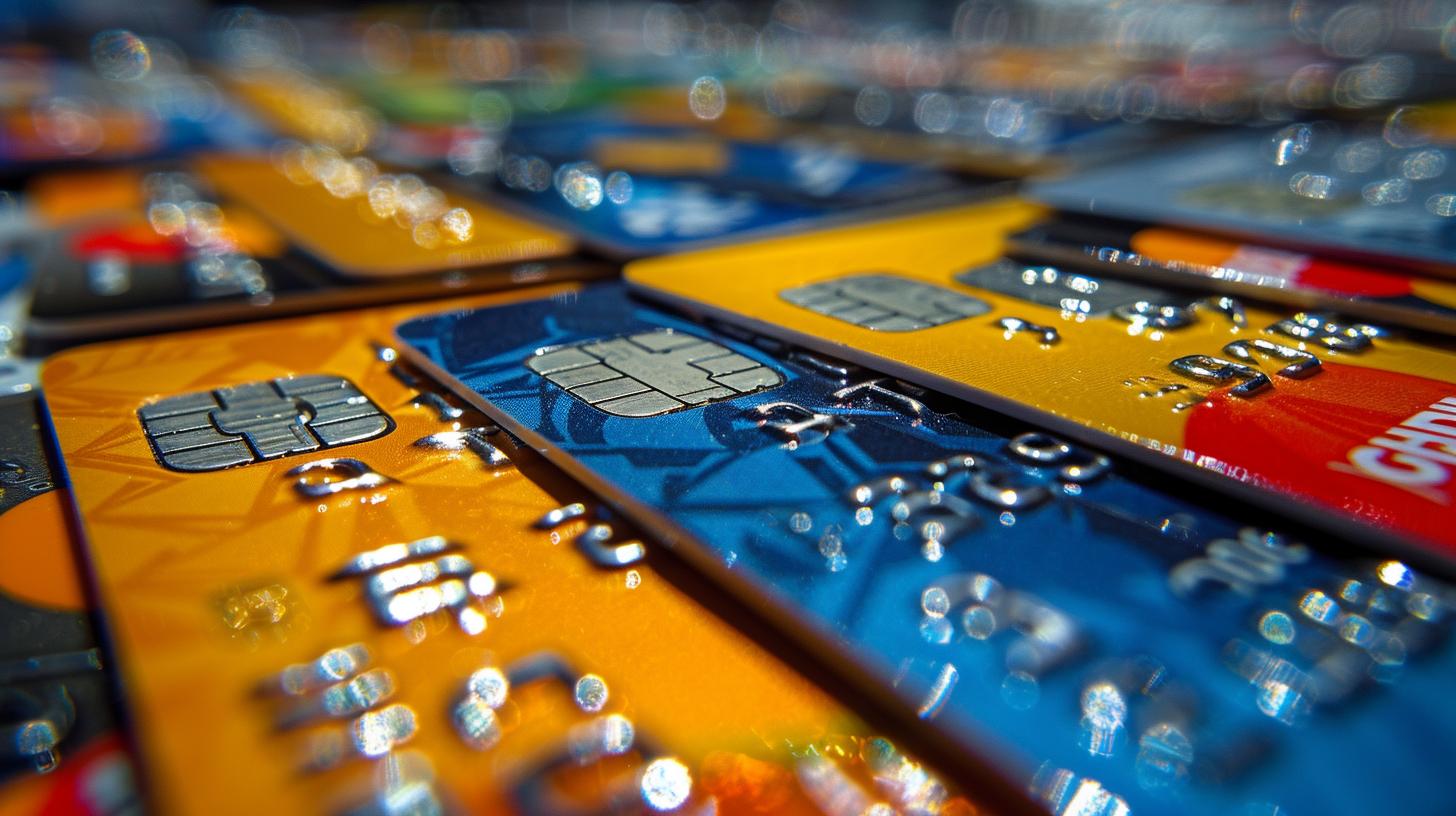Credit card fraud is a serious issue affecting many individuals worldwide. Various types of fraud, such as CNP fraud, skimming, and identity theft, can compromise financial security. To safeguard against such threats, understanding these different types of fraud and adopting preventive measures is crucial.
Setting the Stage for Understanding Credit Card Frauds
When it comes to financial security, being informed is key. Understanding the various types of credit card frauds can help individuals stay vigilant and protect themselves from potential threats. Fraudsters are constantly evolving their tactics, making it crucial for consumers to be aware of the risks involved.
By educating yourself on the nuances of credit card fraud, you empower yourself to detect suspicious activities and take proactive measures to safeguard your financial assets. This knowledge arms you with the tools needed to navigate the complex landscape of digital transactions and emerging fraud schemes.
The Most Common Types of Credit Card Frauds
When it comes to credit card fraud, there are several common types that individuals should be aware of to protect themselves. These include:
CNP (Card Not Present) Fraud
- Occurs when a fraudster obtains the credit card number and expiration date to make unauthorized online, phone, or mail transactions, often without needing a PIN.
Application/Identity Theft Fraud
- Involves someone stealing your identity information to open accounts or obtain new credit cards for fraudulent purchases.
Credit Card Skimming Fraud
- Leverages devices to capture card information when used at ATMs or gas pumps, making it crucial to use trusted machines in well-lit, high-traffic areas.
Lost or Stolen Credit Card Fraud
- If a credit card is lost or stolen, it can be quickly exploited by unauthorized individuals until reported to the bank and any fraudulent charges addressed.
Account Takeover Fraud
- Perpetrators contact credit card companies impersonating the cardholder, potentially changing contact details to conceal fraudulent activity, particularly risky for linked debit cards.
Phishing Attacks and Credit Card Fraud
- Through deceptive emails appearing genuine from financial institutions, cybercriminals trick individuals into divulging personal information or infecting devices with malware.
Best Practices for Protecting Yourself from Credit Card Frauds
- Monitor your credit card statements regularly to spot any unauthorized charges.
- Report any lost or stolen credit cards immediately to your bank.
- Consider using a designated credit card for online purchases to minimize risk.
- Shop only at reputable merchants to reduce the possibility of falling victim to fraud.
- Keep your devices up to date with security patches and antivirus software.
By following these best practices, you can help safeguard your finances and personal information from potential fraudulent activities.
.


















